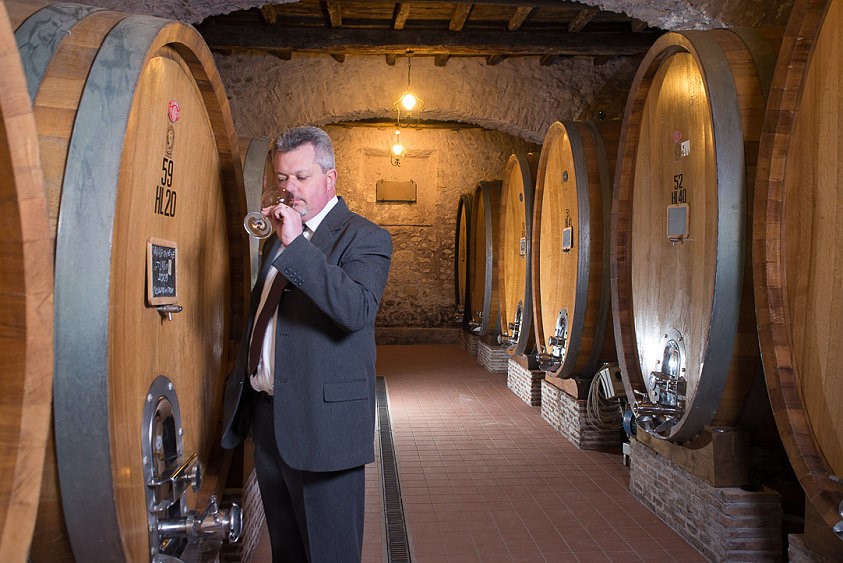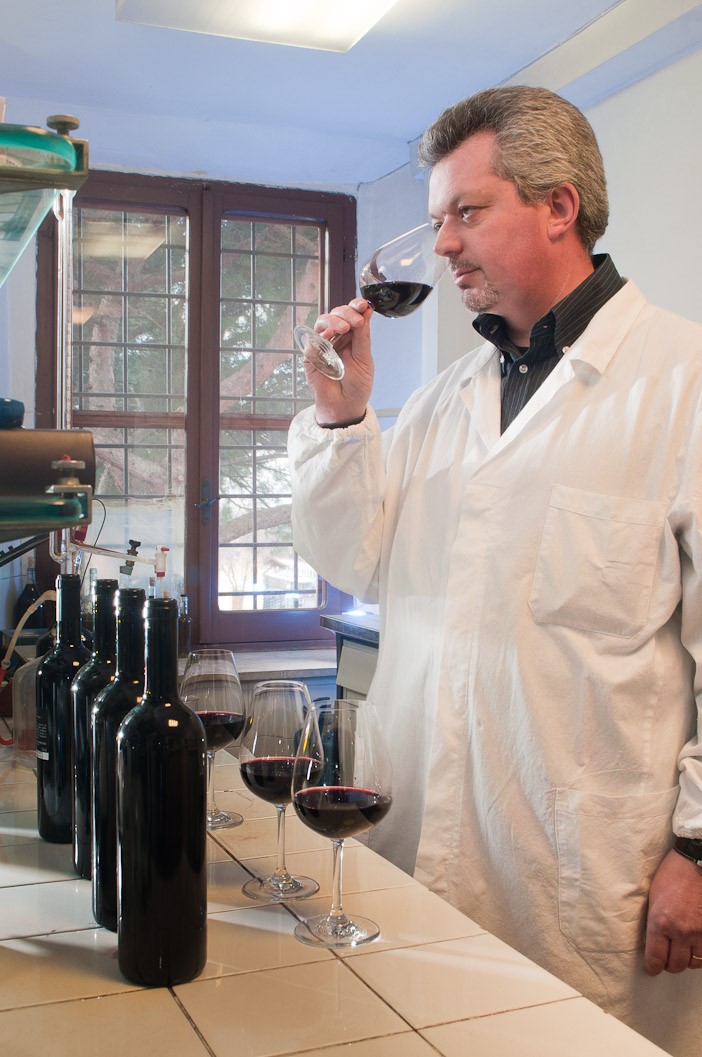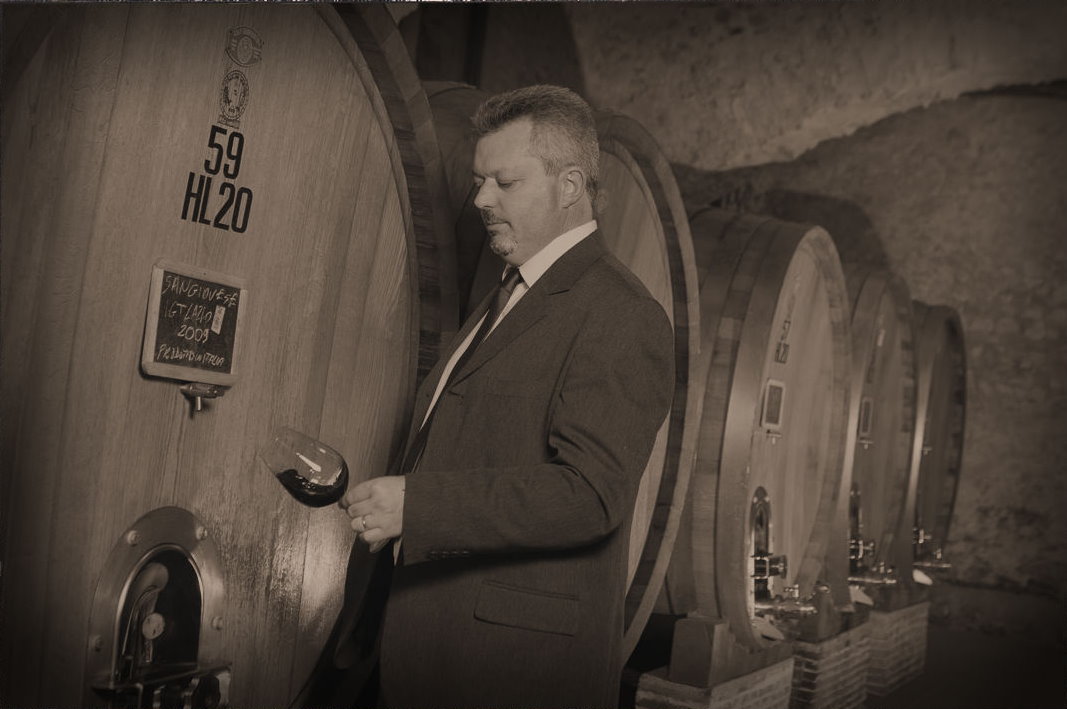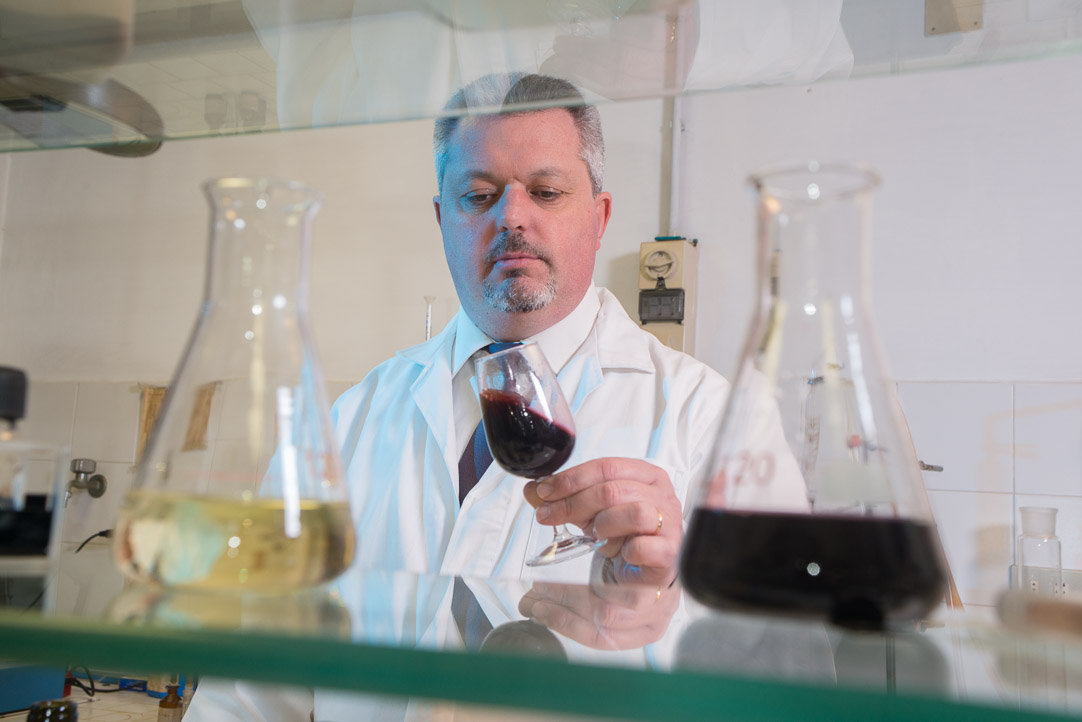The Wolf Post, supported by a Cultural Association, offers a professional service with free access, without subscription.
For this reason, a donation would also be a sign of appreciation for our work.
The primary goal of an oenologist is to be able to give the owner of the winery and, therefore, also to the final consumer, the “perfect wine”, enhancing and optimizing the fruit of the gods: the grapes.
Does the “perfect” wine really exist? Someone has defined the perfect wine as that which meets the favor of producers, others that of consumers. There are also those who argue that the perfect wine is the one without defects. Yet, we know that, sometimes, a small imperfection can turn into an added value, an example of all “bretted” wines, loved and hated at the same time.
By adding a new chapter to the column, which gives a voice to winemakers, we turn to the most authoritative source to understand if the perfect wine exists and to what extent.

© Carlo Roveda Winemaker
Who better than an oenologist can know the fatigue and the many variables that affect the production of wine from the vineyard to bottling. Yet, often, the most ruthless judgments about wine come from those who only taste the final product without having witnessed the entire production process. For this reason, only an oenologist can really know if there is a “perfect” wine and when it can be defined as such, according to his experience.
Perfection, a concept that runs through the entire history of humanity and of every single person. An unattainable goal of course, but a desire present in everyone.
Perfection is also an abstract concept for wine.
The “tension” towards improvement in the making of a wine is always necessary, but I think it is more realistic to introduce the concept of excellence which, in itself, requires an evaluation, a comparison, a judgment.
It will therefore be qualitative excellence if it sums up the harmony of its components, the completeness of each tasting sensation and the ability to achieve the purpose for which it was produced, intended as an enhancement of the geographical and cultural context.
Wine, like a work of art, is excellent and tends to perfection if it also manages to excite, if it involves and stimulates the imagination, the feelings of the passionate consumer.

© Carlo Roveda Winemaker
Is there a defect that you are particularly afraid of?
It is rare to find defective wines with obvious chemical-physical anomalies on the market. Unfortunately, it is more common to find anonymous wines, without a soul, completely detached from the terroir that originated them.
It is a problem, it demeans the territory, the tradition, the culture, makes everything anonymous, homologated, without personality.
What are the operations, or strategies, that you implement to prevent this problem from arising?
Knowledge of the territory, of its culture, of the grape varieties that characterize it, are important elements to make one’s own to personalize a new wine, to give it a life, a purpose.
Of course, all the production activity must be regulated and carried out with absolute technical rigor, but as previously stated it must be adapted and personalized.

© Carlo Roveda Winemaker
Your thoughts on “Brett” wines: are they undoubtedly defective wines or are they an interesting experience?
The infection of the Brettanomyces disfigures the aromatic and gustatory balance of the wine. It should be considered as a defect, it is not to be considered a particular point of view of the wine, it is a microbiological pollution that is not dangerous but absolutely negative.








